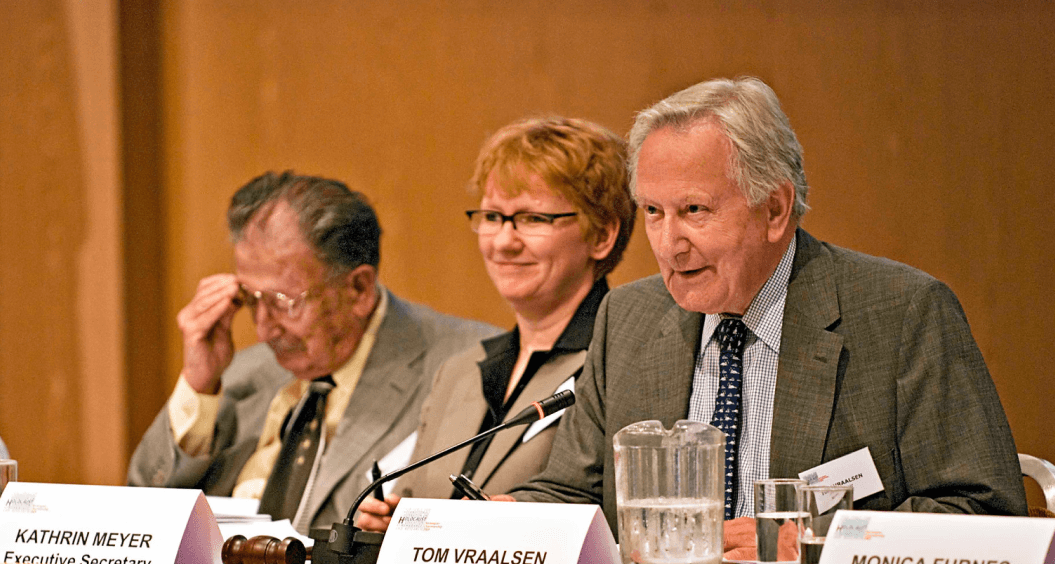Over the last decades, Norway has seen a marked reinforcement of political, social and cultural consciousness towards the Holocaust. Research and education in the field has been characterized by ongoing extension of scope and scale as well as professionalization. The International Holocaust Remembrance day is marked with an annual national event including representatives of the Jewish communities and other victim groups of Nazi persecution and representatives from the Norwegian government. This commemoration has contributed to broad awareness and a more institutionalized form of remembrance.
The IHRA has proved an increasingly important meeting place for the exchange of theoretical, practical and aesthetic ideas on Holocaust research, education and memorialization. Norway benefits through bilateral and transnational cooperation, as well as through the IHRA’s function as an arena for discussion and study of multiple practices, challenges and possibilities in different national contexts.
For almost two decades, The Norwegian Center for Holocaust and Minority Studies, The Falstad Center, the foundation Arkivet and the Jewish Museums located in Trondheim Oslo provide research, education and commemoration related to the Holocaust. The obligations enshrined in the Stockholm Declaration have also been followed up on political and academic levels. The Norwegian government implemented a national action plan against antisemitism for the period 2016-2020. Part of the action plan was the execution of a nationwide research study surveying attitudes towards Jews and Muslims in Norway in 2017. The study was conducted by the Norwegian Center for Holocaust and Minority Studies and was a follow up study of the population survey on antisemitism in Norway from 2012.






